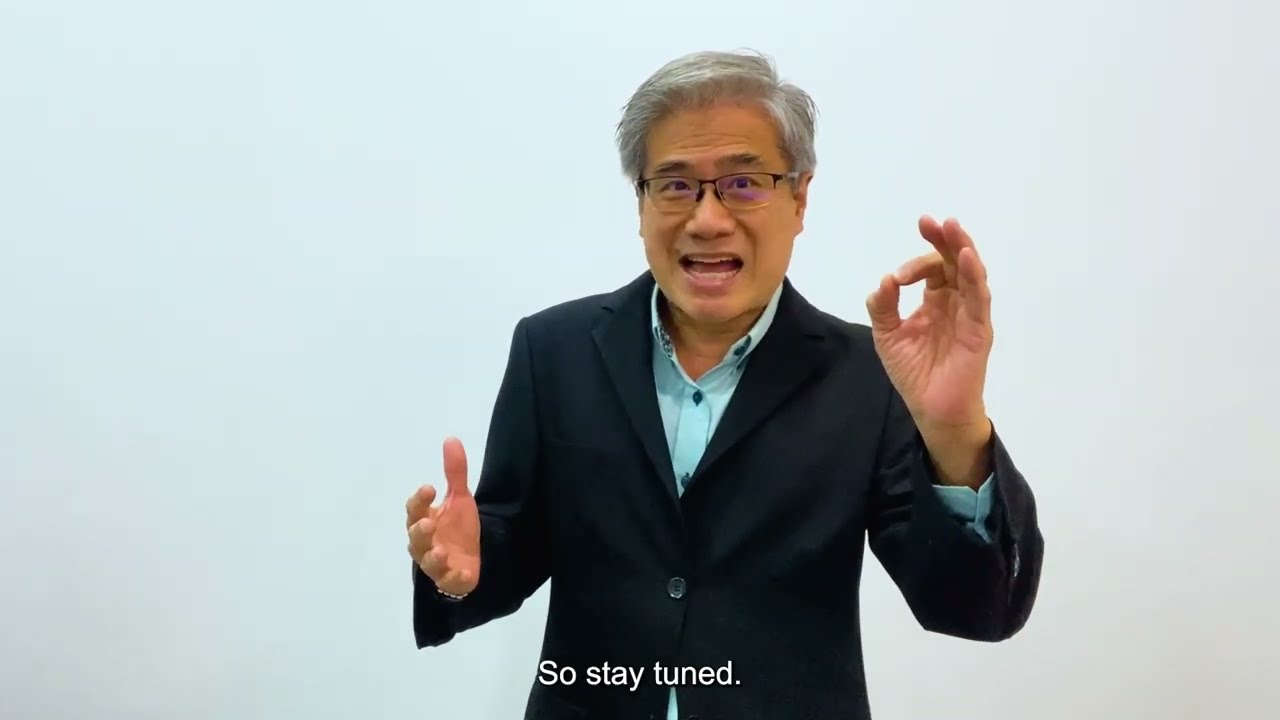Executive coaching is at the heart of digital transformation.It supports leaders in adapting to new technologies.By fostering innovation, it enables effective change management.
Through a personalized approach, executive coaching develops the skills and leadership of executives. It strengthens CEOs’ resilience, helping them manage stress and make informed decisions. By closely collaborating with management teams, it optimizes organizational performance and ensures sustainable growth.
“`html
The executive coach: what is it and why is it essential?
In today’s constantly evolving professional landscape, the executive coach plays a crucial role. It is a strategic partner for leaders, helping them develop their leadership skills, improve their performance, and navigate complex environments. Executive coaching is not limited to mere individual skill enhancement; it also aims to align personal goals with those of the organization, thus promoting harmonious growth.
Executive coaching is particularly relevant in the context of digital transformation, where leaders must quickly adapt to new technologies and organizational changes. By working closely with a coach, executives can gain the necessary tools to encourage innovation and effectively manage change, ensuring the sustainability and competitiveness of their business.
How executive coaching supports digital transformation
Digital transformation is a major challenge for modern businesses. Executive coaching plays a crucial role in helping leaders adopt and integrate new technologies effectively. An executive coach helps leaders understand the potential impacts of emerging technologies and develop strategies for successful implementation.
By fostering a culture of innovation and encouraging a growth mindset, executive coaching enables leaders to guide their teams through transition periods with confidence. For example, a coached leader may better communicate the benefits of digitization, motivate their team to embrace change, and overcome internal resistance, thereby ensuring a smooth and successful transformation.
To learn more about executive coaching services aimed at propelling leaders’ success, check this article.
What is the relationship between the executive coach and the leader?
The relationship between an executive coach and a leader is based on partnership and mutual trust. Unlike a mentor or consultant, an executive coach adopts a personalized approach, centered on the specific needs of the leader. This relationship creates a safe space where the leader can explore their challenges, identify their strengths, and develop strategies to achieve their professional goals.
By working together, the coach and the leader develop a tailored development plan, integrating innovative tools and techniques to enhance leadership skills, stress management, and decision-making. This close collaboration fosters continuous growth and dynamic adjustment to the changing market demands.
Discover how the change of leadership at Coaching.com perfectly illustrates this dynamic by reading this article.
Executive coaching: an asset for the resilience of leaders
In a professional world that is often stressful and unpredictable, resilience is an essential skill for leaders. Executive coaching significantly contributes to developing this resilience by helping leaders manage stress better, maintain their performance, and stay focused on their goals despite challenges.
An executive coach helps leaders identify and strengthen their coping mechanisms, balance work and personal life, and develop a clear vision of their priorities. This holistic approach enables leaders to bounce back quickly after failures and maintain a positive outlook in the face of obstacles.
To understand how executive coaching enhances resilience, explore this example.
How to instill a coaching culture within your organization
Establishing a coaching culture within an organization can amplify its impact by fostering continuous employee development and enhancing leadership at all levels. This process involves integrating coaching as a common and valued practice, supported by dedicated processes and resources.
Implementing a coaching culture requires strong commitment from management, as well as training programs for future internal coaches. By adopting a “coach the coach” or group coaching approach, companies can ensure a sustainable evolution of coaching practices, positively impacting several organizations and remaining effective over time.
To learn more about demographic trends in the executive coaching market, see this report.
The essential steps to become an executive coach
Becoming an executive coach requires a set of specific skills and a rigorous training pathway. Aspiring coaches should understand the definitions and key concepts of coaching, as well as the distinct role they play in developing leaders and decision-makers.
The steps to becoming an executive coach typically include certified training, acquiring practical experience with high-level clients, and ongoing development of communication, active listening, and conflict management skills. Additionally, specializing in certain sectors, such as finance or technology, can provide a further advantage in the market.
To discover how to choose the best executive coach to help you succeed, visit this resource.
The benefits of executive coaching for leaders and their teams
Executive coaching offers numerous benefits for both leaders and their teams. For executives, it helps enhance their leadership skills, refine their strategic vision, and strengthen their ability to make informed decisions. For teams, executive coaching fosters better communication, more effective collaboration, and a culture of performance.
By investing in executive coaching, companies can see increased productivity, reduced employee turnover, and overall improved work environments. Furthermore, coached leaders are often better equipped to inspire and motivate their teams, creating a virtuous cycle of organizational success.
To see how executive coaching impacts the finance sector, read this article.
Current and future trends in executive coaching
The field of executive coaching is constantly evolving, with new emerging trends shaping its future. Among these trends is an increase in the digitalization of coaching sessions, allowing for greater flexibility and accessibility for leaders around the world. Additionally, the integration of artificial intelligence and data analytics tools is beginning to transform how executive coaches assess and track their clients’ progress.
Another notable trend is the emphasis on well-being and mental health for leaders. Executive coaches increasingly incorporate mindfulness and stress management practices into their programs, recognizing the importance of mental health for optimal performance.
To understand the perspectives and forecasts of the executive coaching certification market until 2034, see this report.
The keys to choosing the right executive coach
Choosing the right executive coach is essential for ensuring optimal results. It is important to seek a coach with a proven track record in your industry and a deep understanding of the specific challenges you face. Certification and professional qualifications are also key indicators of competence and credibility.
Moreover, it is crucial to find a coach with whom you feel a personal connection. The coaching relationship is built on trust and open communication, so it is important to choose someone who inspires you and with whom you feel comfortable sharing your challenges and aspirations.
For advice on selecting the best executive coach for your success, consult this article.











